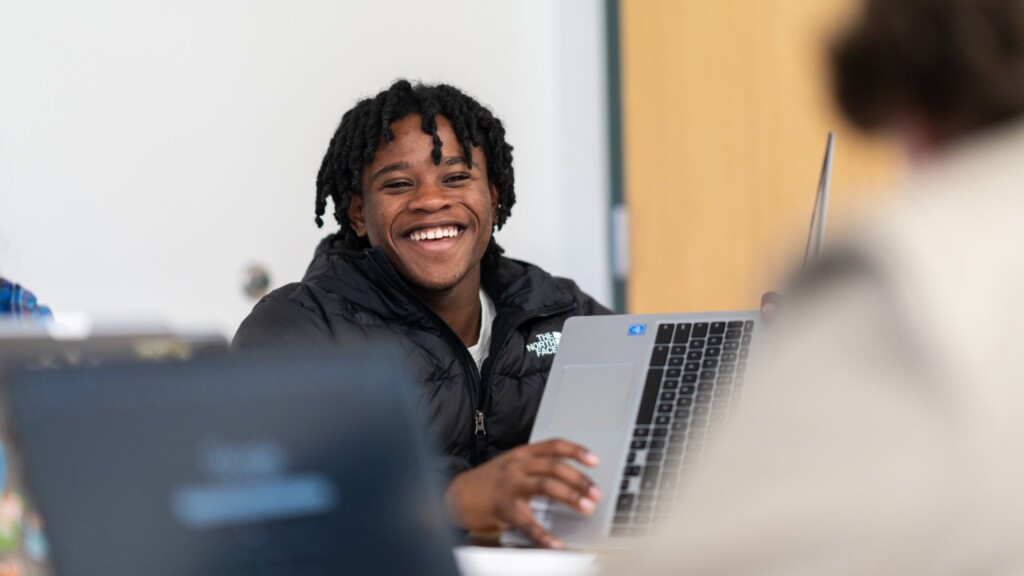Overview
- Degree Level
- Undergraduate
- Degrees Offered
- Bachelor of Arts
- Department
- Historical and Political Studies
- school/college
- College of Arts and Sciences

Arcadia University’s History program is designed to expand your comprehension of the past so that you can understand the present and prepare for the future. By fostering awareness of the multiple influences behind human action, the program aims to reject simplistic explanations of the past.
Stress is put on the global context and interconnectedness of historical events. Lectures, readings in original and secondary sources, group discussion and presentations, fieldwork, research projects, and seminars provide a variety of techniques for understanding the world’s diverse civilizations and the key turning points in their development and interactions.
Elective Course
Explore how political and economic processes have historically influenced social structures, institutions, and cultural patterns.
Required Course
Learn from this intensive introduction to discipline-focused research and writing in History, which prepares you for scholarly contributions to the higher education and History communities.
Elective Course
Examine the rise to global power of the West (primarily Europe and North America and their offshoots) after about 1500, its impact on the world, and the response of non-Western societies, until and including 9/11.
